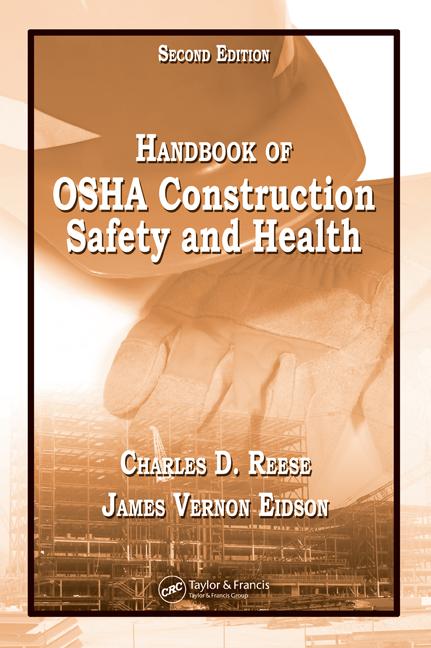The Labor Department and Exel, Inc. have entered into a settlement agreement that resolves citations issued by OSHA for violations of OSHA’s occupational noise exposure standard and record-keeping regulations at Exel’s facility in Palmyra, NJ.
Exel has agreed to pay $143,000 in penalties.
Exel will implement a site-specific record-keeping policy, a noise abatement plan and a hearing conservation program at the Palmyra facility. Exel will also implement revised polices that address noise exposure at all Exel production facilities and record-keeping policies at all facilities nationwide.
Additionally, Exel will revise its U.S. Corporate Wide Incentive Program to eliminate incentive payments based on the number of reported or recorded injuries and illnesses at a facility. This action is consistent with OSHA’s current efforts to eliminate “bonus” plans that potentially incentivize nonreporting of injuries or illnesses.
“We are pleased that Exel has agreed to revamp its injury and illness record-keeping program and to change its incentive program,” said OSHA boss Dr. David Michaels. “When workers don’t feel free to report injuries or illnesses, the employer’s entire workforce is put at risk. Exel’s actions will positively impact the safety and health of its workers.”
Exel has agreed to address occupational noise at all its production facilities nationwide. Exel will hire a qualified safety consultant who within 90 days will conduct an audit of the noise exposure levels in all production facilities and will submit to OSHA a noise abatement plan and a hearing conservation program that will be implemented at each production facility.
Exel has agreed to revise its record-keeping policy and for each facility will designate a permanent job position with ultimate authority for overseeing and reviewing record-keeping practices, and will provide record-keeping training to all employees with record-keeping responsibilities within 120 days.
Reaction from EHS pros in the EHS Professionals discussion group on LinkedIn:
“The final settlement figure as reported was $356,000 so we can assume the initial fines OSHA proposed were considerably higher and were reduced during negotiations.”
“The change in the safety incentive program was simply a pre-condition OSHA made -- and really has nothing to do with their actual enforcement authority. In fact, I believe OSHA may have exceeded their authority.”
“OSHA leveraged their negotiations to include their non-binding opinion that safety incentive programs MAY discourage accident reporting; there is no actual standard regarding incentive programs.”
“If OSHA believes it should have authority to oversee safety incentive programs they should promulgate an actual standard which is subject to public review and critics.”
“A single case hardly suggests a new trend in OSHA enforcement policy.”
“It is a shame that it takes US Dept. of Labor to intercede and open the door for an OSHA review to coerce the business to maintain, rather than discard, health and safety incentive programs for their staff. However, the end result is a positive one for the company and staff.”


